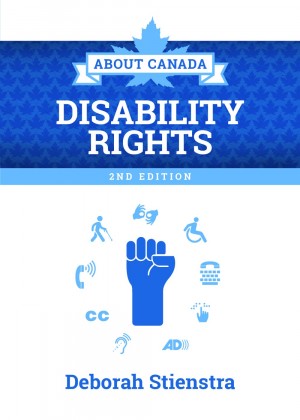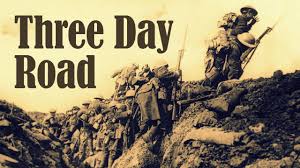The Facing History and Ourselves All-Community Read of Judith Heumann’s memoirs Being Heumann and the YA adaptation Rolling Warrior allows teachers to spotlight disability rights. I picked up Rolling Warrior after learning about Judith Heumann in the documentary Crip Camp, and I quickly realized how little I knew about disability rights, especially in the Canadian context. In preparation for teaching Rolling Warrior, I scoured the internet and libraries for some student-friendly resources. Teachers may find the following resources helpful to incorporate learning about disability rights in Canada into their All-Community Read.
Ever since attending my first Facing History and Ourselves workshop, I have looked for ways to incorporate Facing History pedagogy into my middle-years classroom. This year, I used the scope and sequence and pedagogical triangle to design the structure of my Grade 8 English Language Arts course.
Topics: Strategies, Book, English, stolen lives, Reading List, Decolonizing Schools, Facing Canada, cross curricular teaching and learning
When I moved away from being a classroom teacher to the role of Instructional Coach I knew my passion was in equity work. In Peel we have a five year School Success Plan with one branch of focus dedicated to equity and inclusion. Within the equity and inclusion branch of the plan there are four communities identified as a focus for teachers to gain additional knowledge about in order to better teach and support those students to learn and be successful in Peel schools. The four groups are: students who identify as a part of the LGBTQ+ community, First Nation, Metis and Inuit students, black male students, (this year the focus shifted to all black students) and students living in poverty.
Topics: Teaching Strategies, Teaching Resources, Teachers, Indigenous History, Book, difficult conversations, stolen lives, settler educators, Black History, Equity in Education, Poverty
In my grade 10 Canadian history class, I often used excerpts from Joseph Boyden’s Three Day Road to explore what life was like for soldiers during WWI. In this novel, protagonist Xavier Bird returns to Northern Ontario in 1919 after fighting in France and Belgium. He is met by his aunt Niska, an Oji-Cree woman, and the two travel back to their village. On this journey, the two recount traumatic experiences from their past - Xavier as a soldier returning from the front and Niska as a survivor of residential schools.
Topics: Canada, Canadian History, Truth and Reconciliation, Indigenous History, Book, Indigenous, English Classroom, big paper, English, Grade 10 History, CHC, difficult conversations, trc, stolen lives, settler educators



